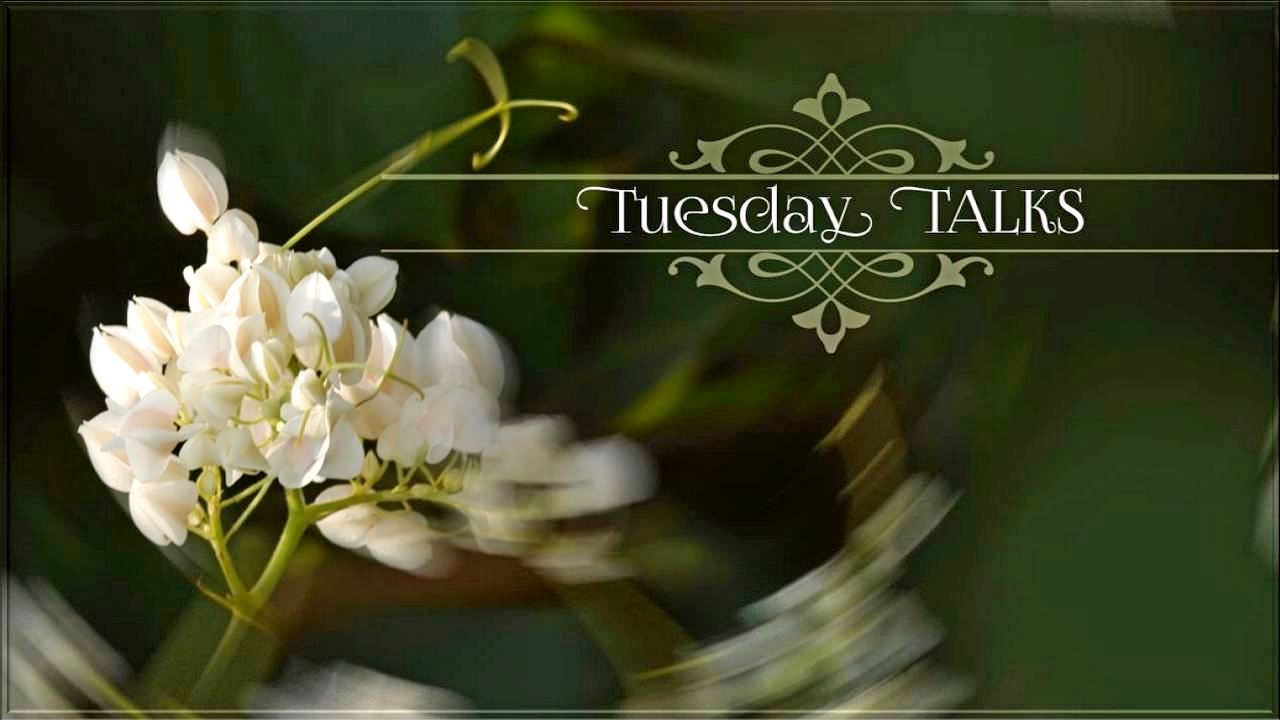Our thoughts, feelings, impulsions, desire are each a force in action that tends towards its realization. We build our fate through these inner agencies often without our knowledge and unconsciously. Yet to be a master of ourselves and of the events and circumstances of our life we need to find the true Will within us. Will is the switch that turns on the other members giving them force and momentum. It is the power that runs through the warp and woof of life. Of course to be truly effective, we must learn to distinguish it from wishful thinking, wants and desires. These are ‘willings’ that come to us from the atmosphere and not the true will, not the will of our being. This is the theme of this talk.
Words of the Mother
Man, because he is a thinking being, first gets an idea, then he invests this idea with a force, a vital power, a power for action, and changes it, transforms it into will. This will is then concentrated on the object to be realised, and with the vital force and effort added to the thought, the conception, it becomes the lever of action. But here Sri Aurobindo uses a word which is not “will”, he speaks of “willings”:
“When we have passed beyond willings, then we shall have Power. Effort was the helper, Effort is the bar.”
Thoughts and Glimpses, SABCL, Vol. 16, p. 377
And he contrasts these “willings” that is, all these superficial wills, often opposite and contradictory and without any lasting basis because they are founded on what he calls a “knowing” and not on knowledge with the true will. These willings are necessarily fragmentary, passing, and often in opposition to one another, and this is what gives to the individual life and even to the collective its nature of incoherence, inconsistency and confusion…. The word “will” is normally reserved to indicate what comes from the deeper being or the higher reality and what expresses in action the true knowledge which Sri Aurobindo has contrasted with knowings. So, when this will which expresses the true knowledge manifests in action, it manifests through the intervention of a deep and direct power which no longer requires any effort. And that is why Sri Aurobindo says here that the true power for action cannot come until one has gone beyond the stage of willings, that is, until the motive of action is the result not of a mere mental activity but of true knowledge.
True knowledge acting in the outer being gives true power. This seems to be an explanation, the real explanation of that very familiar saying which is not understood in its essence but expresses a truth: “Where there’s a will, there’s a way”, to will is to have the power. It is quite obvious that this does not refer to “willings”, that is, to the more or less incoherent expression of desires but to the true will expressing a true knowledge; for this true will carries in itself the force of truth which gives power an invincible power. And so, when one expresses “willings”, to be able to apply them in life and make them effective, some effort must come in it is through personal effort that one progresses, and it is through effort that one imposes one’s willings upon life to make it yield to their demands but when they are no longer willings, when it is the true will expressing the true knowledge, effort is no longer required, for the power is omnipotent.
CWM, Vol. 8, pp. 359 – 360, November 21, 1956




